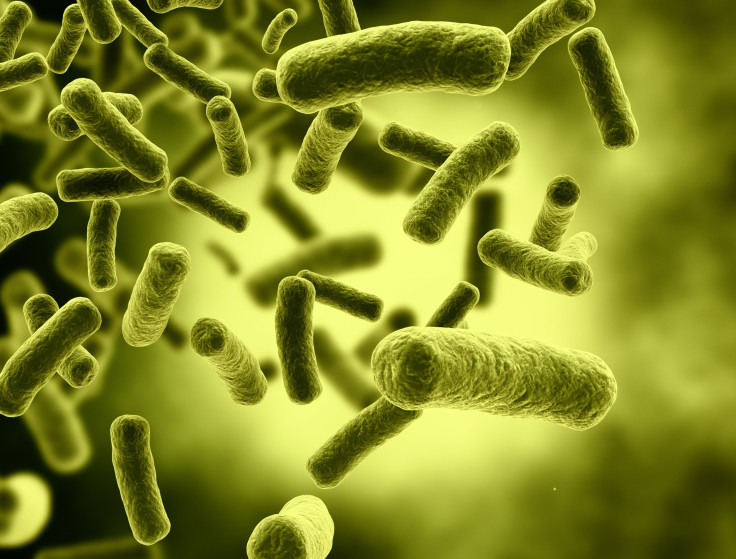Drug-Resistant Biofilm Don't Stand A Chance Against These 12 Amino Acids

Scientists around the world are becoming increasingly worried about the growing number of antibiotic-resistant bacteria. Researchers are working around the clock to come up with a plan B on how to treat infections if and when medications are no longer effective. One team’s approach is simple enough and may actually work: Don’t kill the bacteria, just stop their colonization.
Researchers in Canada have discovered a small molecule that is capable of preventing bacteria from forming biofilms, Medical News Today reports. Like humans, bacteria like to gather in groups. These colonies of bacteria are called biofilm. “Forming a biofilm is one of the crucial steps in cholera’s progression. They (bacteria) cover themselves in a sort of goop that’s a shield against antibiotics, allowing them to grow rapidly. When they sense there are enough of them, they try to leave the body,” Dr. Bonnie Bassler, a microbiologist at Princeton University told Bacteriality. This biofilm is able to grow on living and non-living material and is responsible for at least 65 percent of all human infections, Medical News Today added.
The anti-biofilm molecule, a peptide known as 1018, is only made of 12 amino acids. Don’t let its simplicity fool you; this tiny molecule could perhaps save lives in a post-antibiotic world. In the recent study, peptide 1018 destroyed biofilms in strains of bacteria, including several drug-resistant strains. Not only was 1018 able to destroy the biofilms but it prevented them from forming again. Hancock and his colleagues see this as "a significant advance in the search for new agents that specifically target bacterial biofilms," Medical News Today reports.
This year the World Health Organization released a report where they described the current levels of antibiotic resistance as a “major threat” to public health, warning that if a solution is not reached quickly, there may be “devastating” implications. The report, based on data collected from 114 countries throughout the globe, confirmed that antibiotic resistance occurred in every region of the world. "Antibiotics are the most successful medicine on the planet. The lack of effective antibiotics would lead to profound difficulties with major surgeries, some chemotherapy treatments, transplants, and even minor injuries," Bob Hancock, lead author of the study, explained to Medical News Today.
Another interesting study, which shows progress in the fight against antibiotic-resistant bacteria, is one that suggests that soil bacteria may help us overcome the superbugs. "Soil bacteria have strategies for fighting antibiotics that we're only just starting to learn about. We need to make sure the genes that make these strategies possible aren't shared with infectious bacteria, because they could make the problem of drug-resistant infections much worse, “explained senior author Gautam Dantas to Medical News Today. Today the majority of drugs used to fight infection, such as Penicillium, began as soil fungus.
Source: de la Fuente-Núñez C, Reffuveille F, Haney EF, Straus SK, Hancock REW. Broad-Spectrum Anti-biofilm Peptide That Targets a Cellular Stress Response. PLOS Pathogens. 2014



























